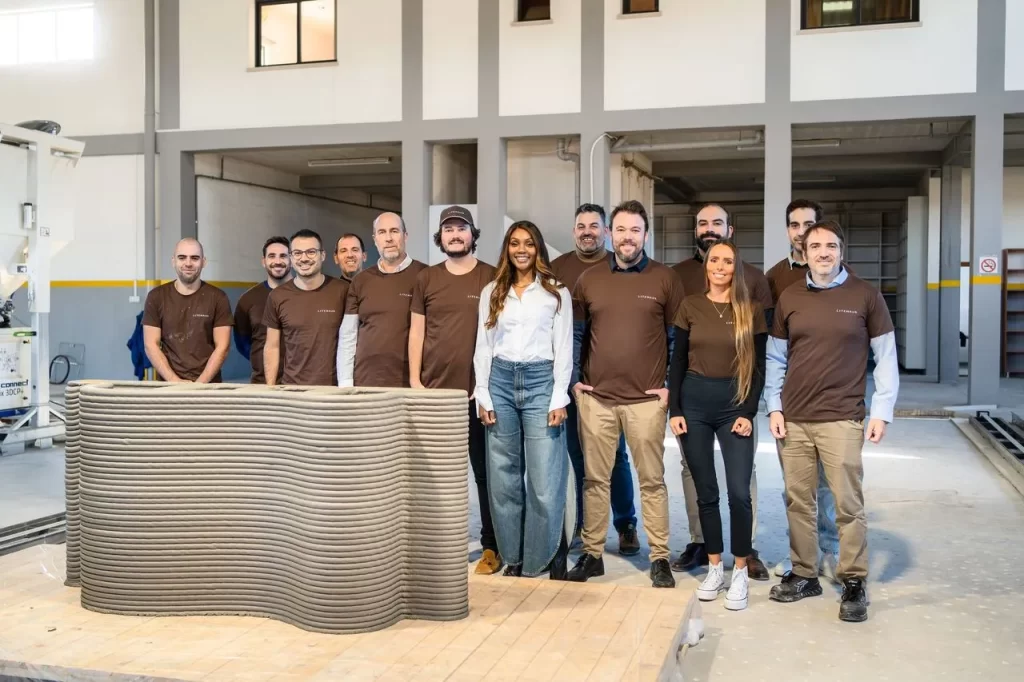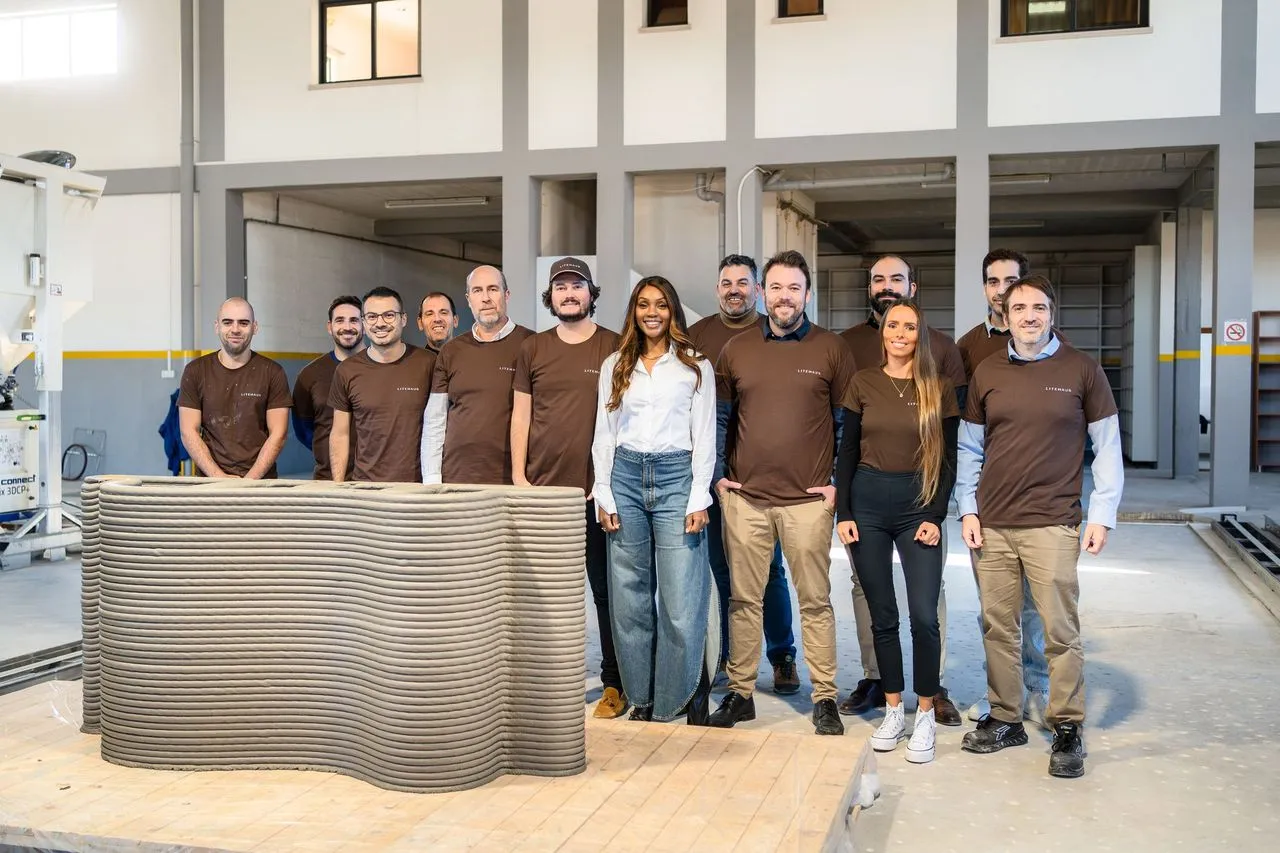The Startup Litehaus, based in Portugal, has received € 1.46 million prepared funds to scale its 3D printing platform for printing. The company aims to reduce construction costs, reduce construction times and to improve sustainability in the residential sector.
The round included the participation of explorer investment one of the largest investment funds in Portugal-in Cornerstone VC, VC, Pascal Levy-Garboua, Viscial Capital partner, and the Luxembourgish Family Office Claster Group. The capital is used to accelerate the development of the Litehaus platform, which enables land and real estate owners to build 30% cheaper, 40% faster and 60% more sustainable compared to traditional methods. The company also plans to strengthen its product, marketing and business teams and to continue to establish themselves as important actors in Europe in Europe.
“Portugal's lack of living has triggered a crisis and increasingly the cost of living was increasingly unaffected. When I met and Simi, I was impressed by her vision: to build the process of building a house as easily as it buys a purchase. Said Rodney Appiah, managing partner of Cornerstone VC.


Founder and company background
Litehaus was founded in 2024 by Simi and Thibault Launay and, from their own experience, drew on the construction of a house in Portugal. The process included 14 months delays, a budget crossing of 20% and the coordination of ten different contractors. This experience has prompted the couple to design a platform that rationalizes and digitized the entire workflow for housing materials.
Today the company offers a technological platform that combines all phases of the construction process – from planning to execution and provision – a single, scalable digital solution.
The Litehaus platform acts as a construction system. It enables users to plan, budget and visualize their projects without needing prior specialist knowledge. It also combines clients a checked network of architects, designers and contractors and manages schedules, teams and costs in real time to deliver more transparency and minimize delays or unexpected problems.
“We do not build houses-we build the ecosystem and the infrastructure that make building houses scalable,” said Thibault Launay, co-founder of Litehaus.


Market launch and pipeline
The Litehaus model is already implemented. The company has signed 17 contracts with B2C customers totaling EUR 4 million and concluded 8 memorandums of Understanding (MOU) with real estate developers, which represents a potential building pipeline worth over EUR 296 million.
So far, Litehaus has supported the construction of two houses and is involved in the development of fifteen additional projects.
“I always wanted to build up companies that change people's lives. Making affordable living space on a scale is not just a market chance, but one of the most important opportunities to achieve a real and permanent effect,” said Simi Launay, co -founder of Litehaus.
During the headquarters in Portugal, Litehaus is also active in Spain, Estonia and the United States and focuses primarily on the Iberian peninsula.
3D printed houses around the world
Litehaus' traction reflects a broader shift in the construction sector because the 3D printing gains in dynamics worldwide. In 2024, the Portuguese company Havelar announced the completion of what it claims as the first 3D -printed house in Portugal. In the vicinity of the large area of Porto, the 80m2 house with two bedrooms was made with the BOD2 printer from COBOD within 18 hours. This fast printing process underlines the efficiency and speed features of 3D printing technology in the construction area. This 3D printed house was built with the support of the architect Aires Mateus, Glória Cabral and Francis Kéré.
In a similar way, Verootouch in Buena Vista completed the automated 3D printing company Verotouch in Colorado, supported by up to $ 618,000 from the innovative incentive program (IHIP).
The 1,100 square meter houses are part of the Verovistas project, which is designed based on a proprietary 3D printing system for energy efficiency, durability and fire resistance. In collaboration with South Main, Verotouch plans 31-home development in Cleora to test scalability, automation and material efficiency. The project aims to assert the lack of housing and to improve the construction effectiveness through additive manufacturing.
Take part in our event for Additive Manufacturing Advantage (AMAA) on July 10th, in which AM-GUITS come from aerospace, space and defense to share mission-critical findings. To visit online and free of charge. Secure your place now.
Who won the 2024 3D printing industry prices?
Subscribe to 3D printing industry newsletter to keep up with the latest 3D printing messages.
You can also follow us LinkedInand subscribe to the 3D printing industry YouTube Canal to access exclusive content.
Selected picture shows Litehaus team. Photo about Litehaus.
